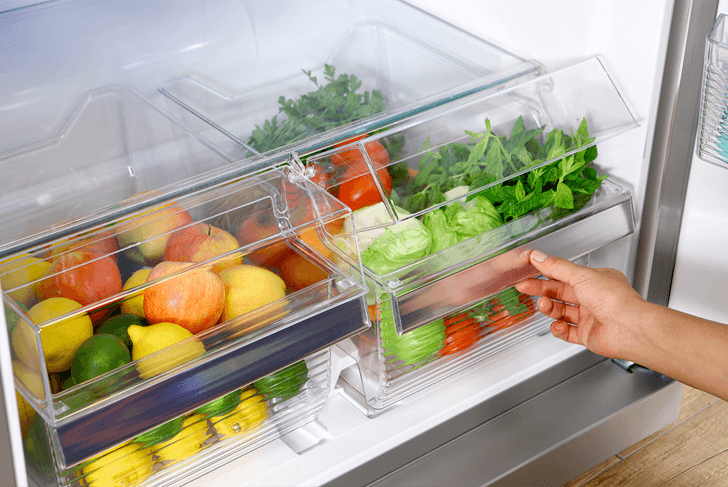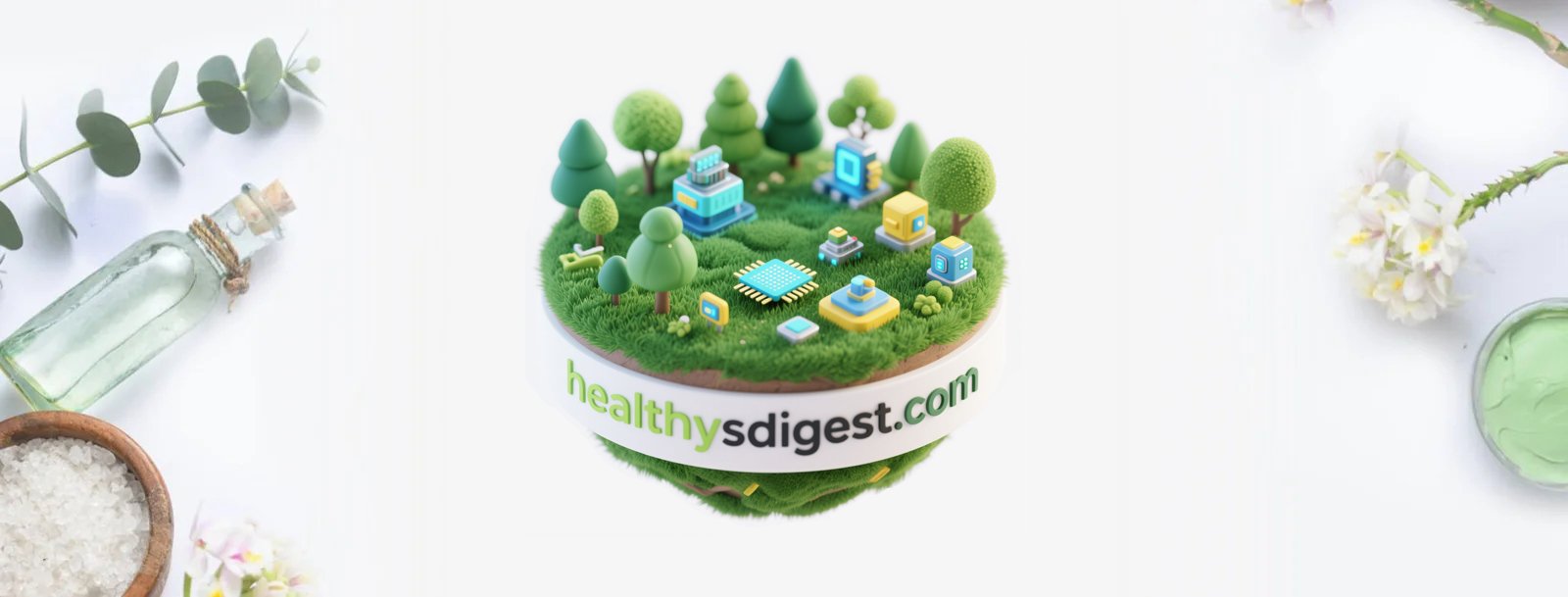
While it’s well-known that a diverse diet rich in fresh fruits and vegetables is paramount, stocking your fridge with produce can lead to waste if you’re not careful, especially with weekly grocery trips. Unfortunately, that can result in sad items like black bananas, slimy spinach, and mushy avocados. However, with some understanding and planning, you can extend the freshness of your produce.
01
Store Certain Produce Dry

Most fruits and vegetables are best stored in cold and slightly moist (not wet) environments, like the refrigerator. However, some produce, such as cucumbers, eggplants, onions, garlic, shallots, peppers, potatoes, squash, and tomatoes, benefit from being stored at around 55°F in your kitchen or pantry. Be cautious about storing potatoes and onions together, as the moisture from potatoes can spoil the onions.
02
Moisture is Key for Some Produce
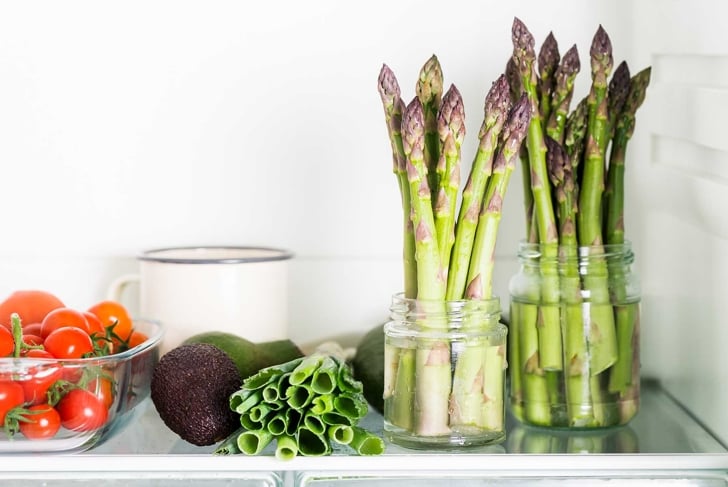
Some fruits and vegetables thrive when kept hydrated. For example, store scallions upright in room-temperature water. Asparagus can be kept like a bouquet: trim the ends and stand them in a glass of water in the refrigerator. For crisp carrots and celery, submerge them in a covered container of water in the refrigerator, replacing the water every two to three days to keep them fresh.
Similarly, you can revive wilted herbs or greens by trimming the stems and placing them upright in a jar of water.
03
Keep Gassy Produce Separated
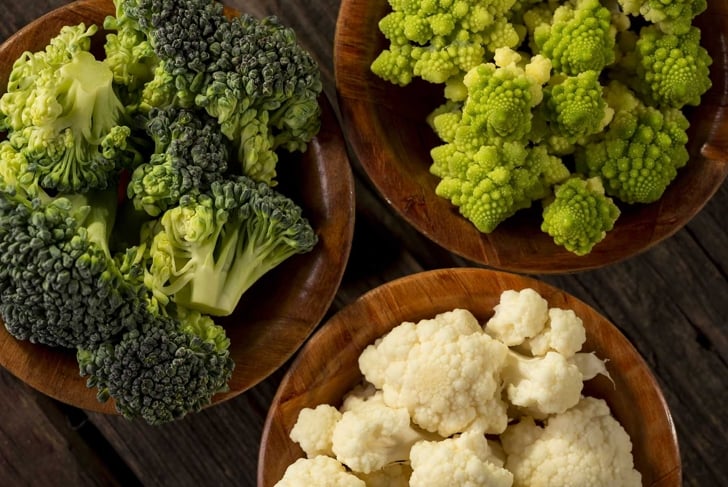
You’ve likely heard the expression “One rotten apple can spoil the whole barrel.” This notion is true for other fruits as well. Apples, bananas, peaches, peppers, and tomatoes emit ethylene gas, which accelerates the ripening of nearby produce, thus leading to spoilage if not managed properly. This gas can assist in ripening avocados but can also significantly contribute to waste if allowed to accumulate.
04
Utilize Produce Bags
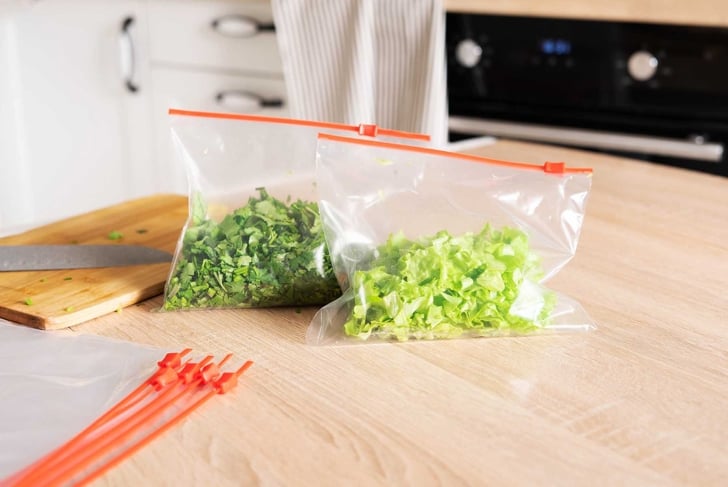
Optimal storage for most produce is achieved with mesh produce bags, which allow air circulation while maintaining moisture. This method works well for grapes, berries, cherries, broccoli, cabbage, and celery. For the best outcomes, store these fruits and vegetables in separate crisper drawers.
05
Wrap Delicate Produce

For soft herbs and microgreens, proper wrapping is essential. Remove any rubber bands or twist ties, gently rinse off dirt, and dry them with a salad spinner or clean, dry towels. Once dry, wrap them in a paper towel and store them in a resealable bag or container.
06
Use Softest Produce First
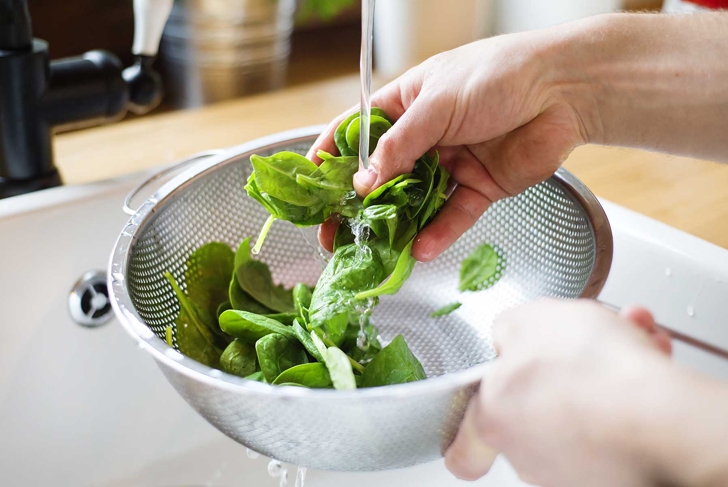
Prioritize consuming the softest produce first. Leafy greens, tomatoes, and stone fruits should be eaten within a few days of purchase as they spoil quickly unless frozen. Reserve sturdier items like squash, potatoes, onions, and melons for later, as they can last two to three weeks when stored correctly.
07
Understand Your Fridge Zones

Before organizing your produce, consider the different temperature zones of your refrigerator. The top shelves are the warmest, while the bottom shelves are the coldest. Store temperature-sensitive items like cucumbers, squash, eggplant, and peppers on the top shelf, while greens, grapes, and other produce should be kept in the crisper drawer, where you can adjust humidity as needed.
08
Give Produce Some Space
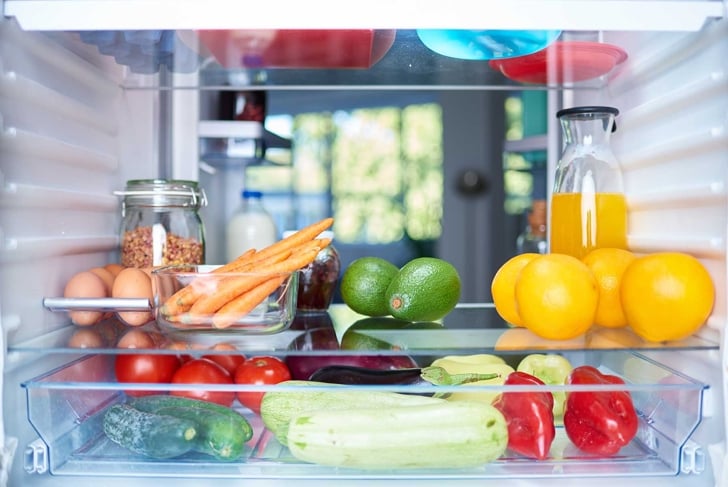
Like people, produce needs its personal space. Avoid overcrowding drawers and bins, as this can damage soft fruits like peaches and tomatoes. Ensure produce has adequate room for air circulation to evaporate excess moisture and prevent mold. Plus, keeping produce visible will encourage you to use it before it spoils.
09
Refrigerate Ripe Produce
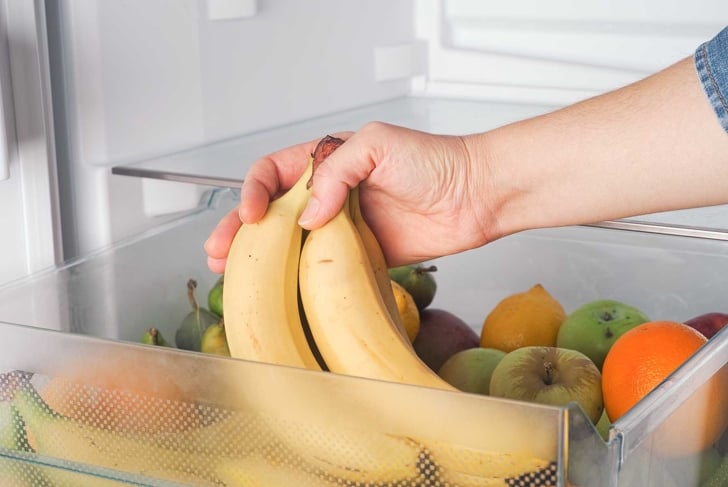
To maintain freshness and flavor, it’s best to refrigerate ripe produce, such as avocados, apricots, melons, and bananas. If you wish to speed up the ripening process, place them in a brown paper bag at room temperature until they reach desired ripeness, then transfer them to the refrigerator.
10
Freeze for Future Use
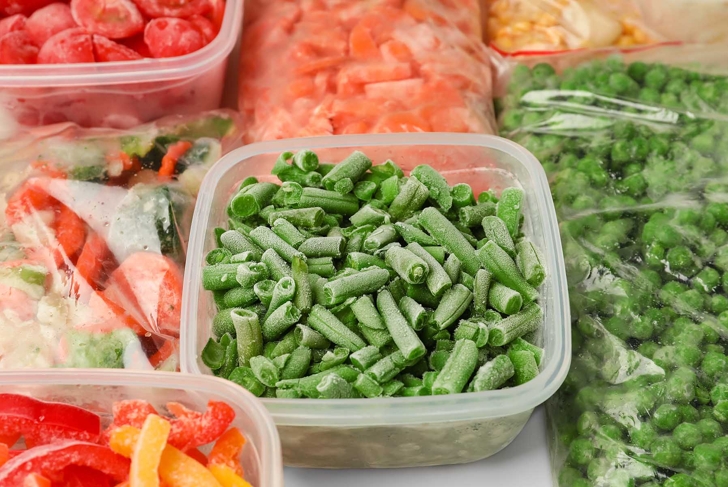
Freezing is an excellent way to preserve produce for later. If you know you won’t consume all of your fruits and vegetables before they spoil, consider freezing them. Frozen fruits, especially berries, spinach, and kale, are ideal for smoothies, while frozen vegetables work well for soups, chilis, or casseroles. When stored in an airtight container, most products can last up to three months in the freezer. Looking for ideas? Check out our recipes and tips for cooking with frozen ingredients.


